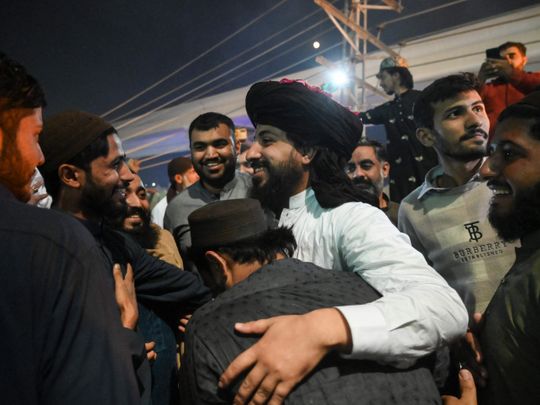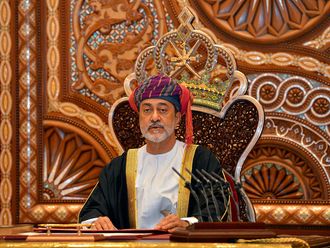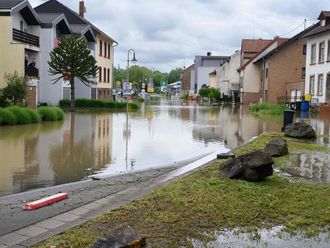
Islamabad: Pakistan’s Minister for Information & Broadcasting Fawad Hussain Chaudhry has admitted that neither the government nor the state institutions were ready to use force against militants.
He was addressing the launch of a “Charter of Peace” organised by the Pakistan Institute of Peace Studies, an independent research institute and a think tank.
Fawad’s remarks came in the backdrop of the two-week stand off with Tehreek-e-Labbaik Pakistan (TLP) that had virtually crippled life in the cities along the Grand Trunk (GT) Road.
As a result of the TLP violent protest, a number of police personnel lost their lives while scores were subjected to brutal torture.
The TLP workers who were demanding release of their chief Saad Rizvi and expulsion of the French ambassador.
Ultimately, the government had to surrender before the TLP demands and enter into a secret deal on Oct 31.
As a result of that deal, the government first removed the tag of “prohibited” from the religious party, then released its workers in various phases by removing police cases against them.
Finally, the arrested chief of the TLP was also set free on Thursday as promised in the secret deal, according to the TLP.
Fawad Chaudhry while indirectly commenting on the recent violent incidents said the state and the government were in a way, helpless before these extremist outfits and their leaders.
‘30 years of unbridled extremism’
He held the state institutions responsible for unbridled extremism in the country and said: “Some 30 years ago, on the basis of political and external reasons, we created this type of force and now the whole country is facing a big threat.”
If the state becomes weak and violent groups grow strong, the problem starts,” he said, adding that soft change in society came only when the state established its writ and enforced laws.
“If you want soft change, you must be hard,” the minister said without elaborating.
‘Threat from within’
We don’t need to worry about external threat. What we should be watchful of is the internal threat, said Fawad Chaudhry referring to the leaders of militant outfits who, according to him, fan extremism in society.
During their rule in Indian subcontinent, he said, the British government had established an effective law enforcement system, but unfortunately, after its independence, the successive governments neither practised it nor gave any alternative system to ensure the writ of the state.
Fawad Chaudhry said schools and colleges were becoming nurseries of terrorism and instead of making the youth productive, tolerant members of society they were instilling ideas of hatred and bigotry in their minds.
Some perverts find their way to become teachers and their twisted ideas impact the young minds for the rest of their lives and to the extent that they become fanatics, said the minister while analysing the phenomenon.
In fact, some people say, it is not a religious seminary but a school and college that is promoting hate, he said.
“Punjab, KP once used to be cradle of interfaith harmony’
He said in their 300 years’ history, Punjab and Khyber Pakhtunkhwa (KP) were perfect examples of interfaith harmony.
There was no sign of extremism in these provinces for over three centuries.
The land on which Pakistan is situated right now was the area inhabited by Sufis, he added.
Fawad Chaudhry’s statement regarding reluctance, unwillingness of the state and the government to fight extremism has sparked a controversy inviting mixed reaction on social media.








